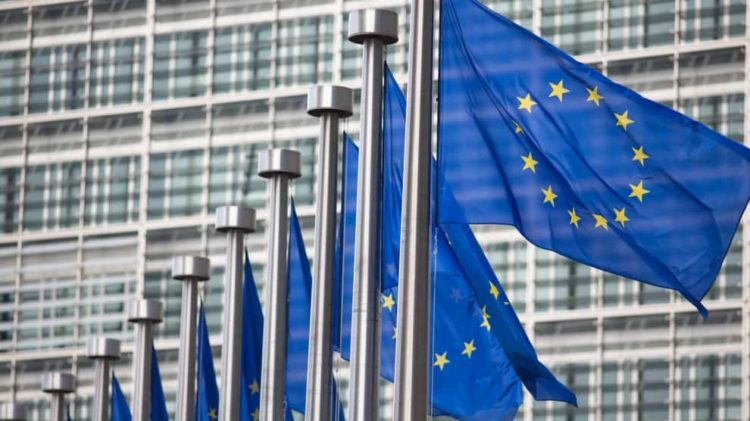A vote on the European Union’s Markets in Crypto Assets (MiCA) regulation has been rescheduled to take place on March 14.
The European Parliament was expected to approve the legislation last month. However, complaints from crypto firms about the ban on energy-intensive proof-of-work (PoW) mining meant the vote had to be postponed.
A member of the Committee on Economic and Monetary Affairs, Dr. Stefan Berger, addressed the issue of PoW. “An independent topic of proof-of-work is no longer provided in the MiCA,” he stated.
Berger was one of the members that called for the exclusion of language he called a “de facto” ban on Bitcoin.
Increasing Legal Certainty On Crypto Assets
The regulation intends to raise the legal framework surrounding cryptocurrencies and other digital assets. There has been a major global concern about the high use of energy to mine these crypto assets. The regulation will also try to address the issue.
European authorities have been calling for an outright ban on energy-intensive Bitcoin mining, especially those that use PoW. Many of them questioned the benefits of continuing with the mining process to the detriment of other important areas that need energy. The main debate was the environmental impact of the PoW mining process. The debate was intense last year, with major voices in the Bitcoin space like Elon Musk questioning the continued heavy energy usage for Bitcoin mining.
The Parliament Wants To Set Global Standards For Crypto
Berger state that the EU Parliament wants an innovation-friendly financial sector and strong support for MiCA is a good step to follow.
Berger was appointed as the rapporteur to report on the proceedings related to the bill. He stated that the legislation has excluded the section that some had interpreted as a possible ban on PoW crypto mining. He added that the EU can set global standards with MiCA, and all those involved have been asked to show strong support for the bill.
He added that the bill is necessary for the establishment of “reliable supervisory structures” for crypto assets. The bill has also addressed the issues related to the energy consumption of crypto mining.
Your capital is at risk.
Read more:
Credit: Source link












































































































































